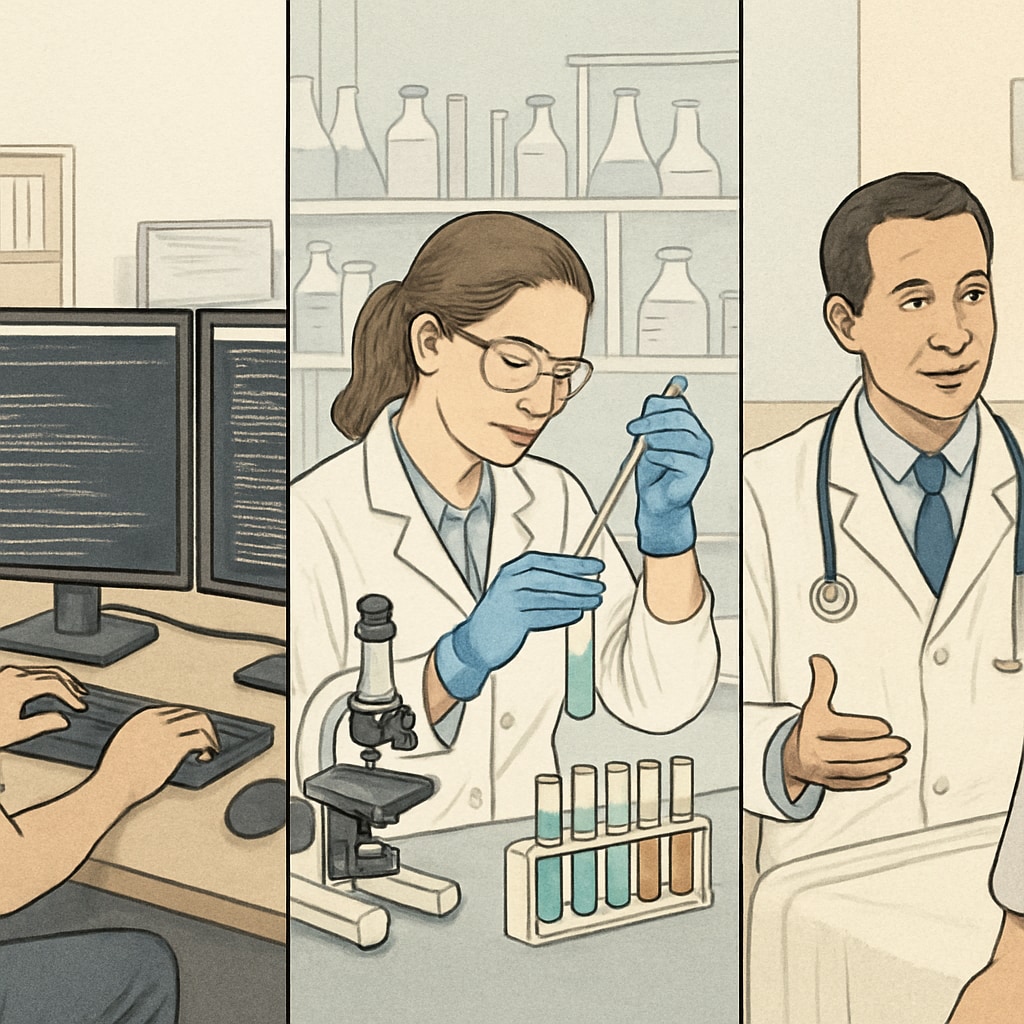When facing major selection in STEM fields, high-achieving students often grapple with choosing between computer science, bioengineering, and medical studies. These three disciplines represent fundamentally different career trajectories despite their shared STEM foundation. This comprehensive analysis examines critical factors including personal aptitude, academic requirements, and long-term professional outcomes to guide your decision-making process.
Mapping Your Academic Journey: Understanding Each Discipline
Before committing to any STEM path, students must thoroughly understand the educational requirements:
- Computer Science: Focuses on algorithms, programming languages (Python, Java, C++), and system design. Typically requires 4-year bachelor’s degree for entry-level positions (BLS Computer Science data)
- Bioengineering: Combines biology with engineering principles. Often requires graduate education for research positions (see NIBIB bioengineering guide)
- Medical Studies: Demands 4-year pre-med, 4-year medical school, plus 3-7 years residency training

Career Prospects and Financial Considerations
The professional outcomes vary dramatically across these fields:
| Field | Median Salary | Job Growth (2022-32) |
|---|---|---|
| Computer Science | $136,620 | 23% (Much faster than average) |
| Bioengineering | $99,550 | 5% (Average) |
| Physicians | $229,300+ | 3% (Slower than average) |
However, financial metrics only tell part of the story. Work environments differ substantially – from tech company offices to hospital wards to research laboratories.
Personal Alignment: Skills and Temperament Evaluation
Successful professionals in each field share distinct characteristics:
- Computer Science: Logical thinking, patience for debugging, continuous learning mindset
- Bioengineering: Interdisciplinary curiosity, hands-on prototyping skills
- Medical Fields: Emotional resilience, communication skills, ability to work under pressure

Hybrid Pathways and Emerging Opportunities
Modern careers increasingly blur traditional boundaries between these disciplines:
- Computational biology combining CS and bioengineering
- Medical informatics merging healthcare with data science
- Biotechnology startups requiring both engineering and medical knowledge
Pro Tip: Many universities now offer combined degree programs (e.g., BS/MS tracks or MD/PhD options) that can accelerate your career progression.
Ultimately, your STEM major selection should balance practical considerations with genuine intellectual passion. The most successful professionals in any field derive satisfaction from their daily work, not just the eventual paycheck.


